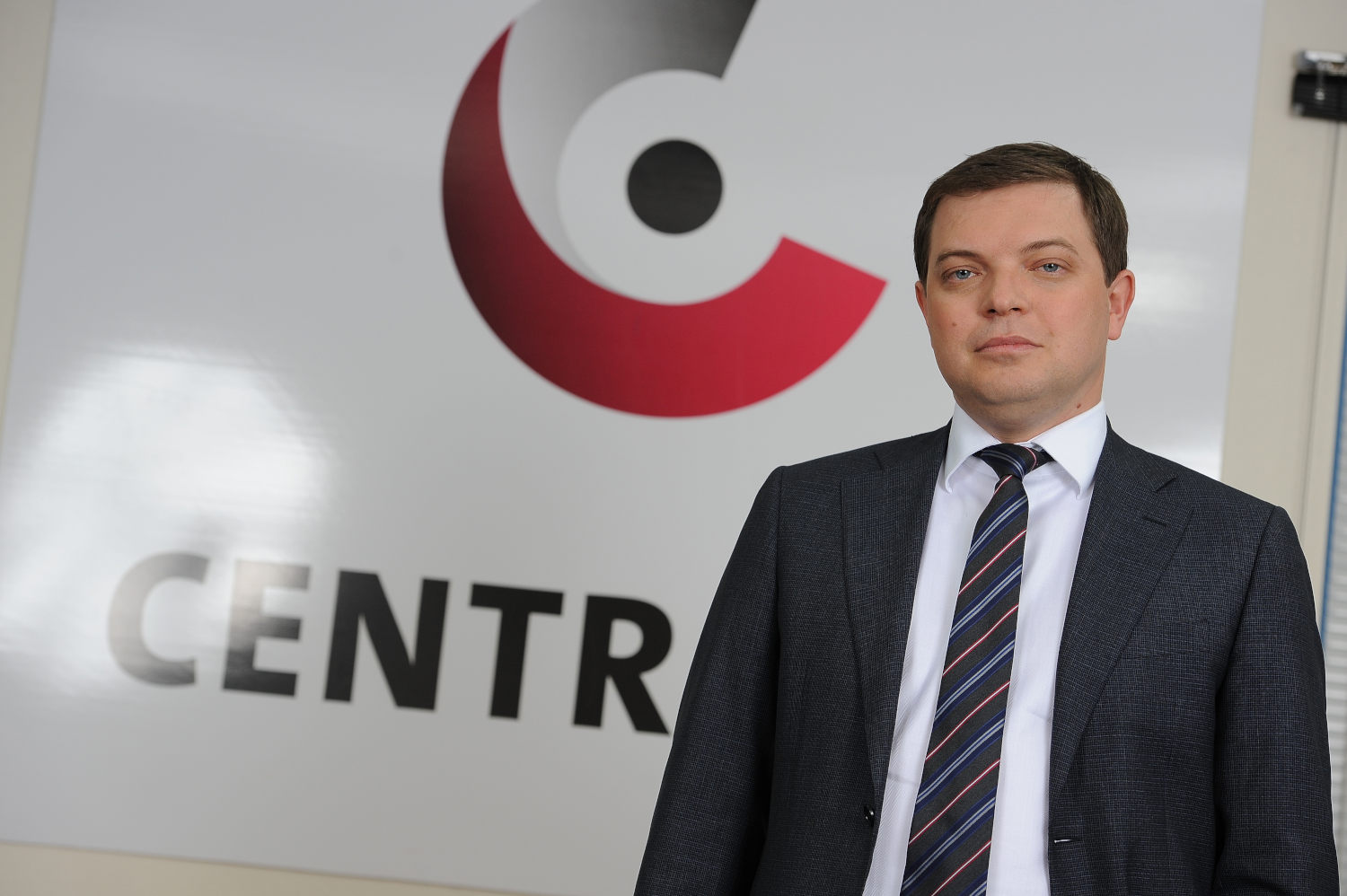Vyacheslav Erkes: CENTRAVIS Invests in New Equipment Expanding its Foreign Market Presence
CENTRAVIS on the Back of the Situation in Ukraine and World Markets
CENTRAVIS on the Back of the Situation in Ukraine and World Markets

Last year, while the situation in Ukraine was less than favourable, markets worldwide were somewhat stable. This year, with Ukraine’s situation still fairly volatile, world markets seem to be slipping, especially with regard to raw materials and metals. The beginning of 2015 saw nickel fall almost 80% on the London Metal Exchange, which automatically led to a proportional drop in the purchase and sale price of all raw materials. Another nuance of 2015 included a fall in world oil prices. The situation became especially problematic for mining companies, as coal processors required the use of more gasoline and other less expensive products. As a result, refineries throughout the world have been, and continue to be, overloaded. For us that’s a plus. The problem is that this is the same for all companies. Take Shell, for example, an international company producing and recycling oil. When faced with so much uncertainty, including the fall in oil prices, they began to revise their budgets. For us, this has meant a halt in the development of our new facilities for almost half a year. It has also meant very tight competition, which suggests revenue in dollars will be lower this year, primarily due to the situation with nickel. Last year, sales flourished, and we saw a 20% increase by the end of 2014, despite the trying times in Ukraine and the rapid fall of our economy, hurting a lot of local steelmakers in the process.
Market Recovery and the Company’s Prospects
There are two polar opposites in terms of opinions around market recovery. The first suggests that the decline in oil prices will be short-term and will rise sharply in the new year. The second suggests that this is a structural change, which is simply the new norm. We adhere to an opinion that falls somewhere in the middle, and follows the logic that the rise will be gradual, but it won’t happen next year. We believe there will be huge fluctuation in the market throughout 2016, thanks in part to many end-users taking their time with decision-making. We also believe that 2016 will prove quite difficult for the market as a whole. Today, we sell more than 50% of our product in Europe, namely Germany, Italy, Belgium, the Netherlands, Luxembourg, Great Britain, Poland, and the Czech Republic, with America and Asia being two key and promising markets. We expect recovery in 2017, with plans for 2016 to be more or less on par with that of 2015. We will have produced about 20,000 tons of pipe by the end of this year, which is similar to our numbers from 2013. Though these last twelve months have been fairly stable business-wise, 2014 was a true success. We expanded by nearly three times in the US, and also established ourselves in the Asian markets. The task at hand is to maintain that momentum, if not slightly improve.
Development Strategy
We continue to follow an established strategy that delivers sophisticated products, thanks to investment in new and modern equipment along with flexible and high quality service. Since 2006, we have invested approximately $150 million, which has allowed us to acquire unique equipment, such as an extrusion press. With a force of 4,400 tons, and only two or three units in the world, it is the best and most modern press in Europe. We have actively invested and continue to invest in rolling mills, pipe cutting, and additional services, providing a significant advantage over our competitors.
Entering the Asian Market
We started working in the Middle East three years ago, carefully selecting our partners at that time. Today, our focus is on specialty products not often seen on the Asian market, such as thin-walled pipes. As a rule, western companies cannot even set-up in the Middle East without the help of a local who represents the interests of the company for a period of three to twelve months. In some cases, in can take up to five years before meeting with local approval! This is something we continue to work on, complying with all documentation, performing negotiations, working with Ukrainian embassies, and generally trying to convince the customer that, in every way, we are a reliable and honest vendor.
According to the information agency Interfax